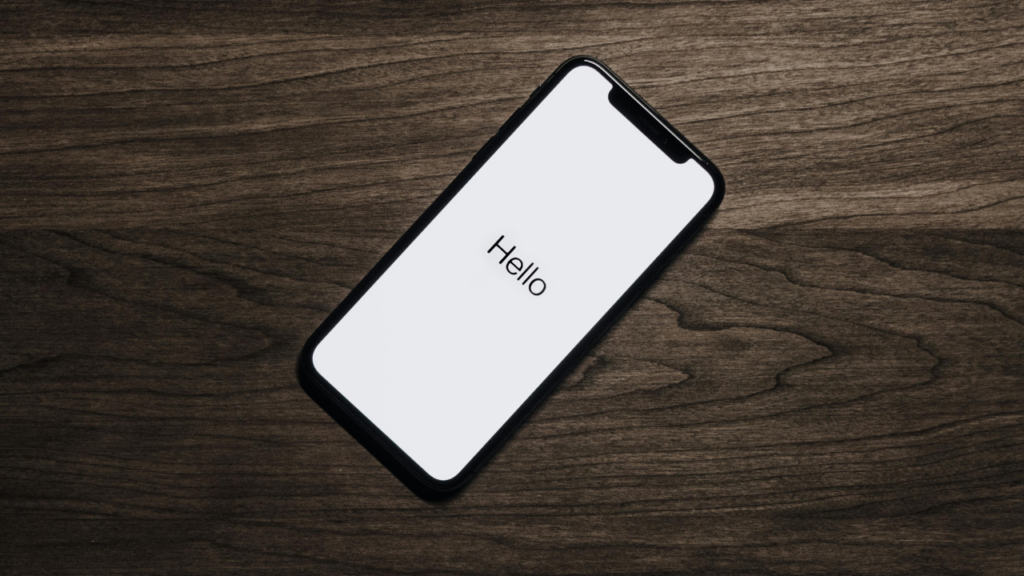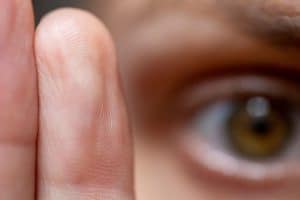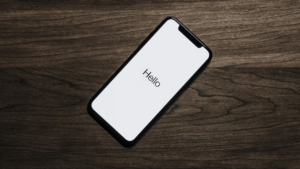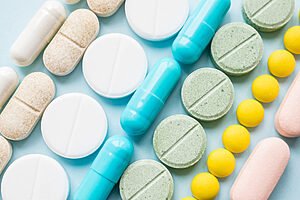In today’s hyperconnected world, the path to addiction recovery increasingly involves navigating not just substance use but also the complex relationship with technology. Smartphones, social media, and constant connectivity present both opportunities and challenges for those healing from addiction. Finding the right balance becomes a crucial recovery skill.
The Technology-Addiction Connection
Technology and substance use can show similar behavioral patterns. Both can create reward responses in the brain, lead to increased usage over time, and cause discomfort when unavailable. This overlap makes technology management important during recovery.
Technology serves as both a potential trigger and a recovery tool. Social media can display substance-related content, while algorithms may serve addiction-related advertising. Conversely, recovery apps provide support, online communities offer understanding, and telehealth expands access to professional help.
Many in recovery experience cross-addiction, where one compulsive behavior substitutes for another. Examples include excessive gaming, compulsive social media checking, or dating app overuse.
Recognizing Problematic Technology Use
Warning signs include using devices to escape uncomfortable emotions, anxiety when separated from devices, decreasing in-person social interaction, losing track of time online, hiding screen time, sleep disruption, and irritability when unable to check devices.
Problematic technology use can affect recovery fundamentals. Mindfulness becomes harder with constant digital distraction. In-person connections may be replaced by surface-level online interactions. Sleep suffers from blue light exposure. Emotional regulation skills develop more slowly when uncomfortable feelings are escaped through scrolling.

Benefits of Digital Moderation
Balanced technology use can support recovery in multiple ways. It can reduce overstimulation, improve focus, enhance natural reward experiences, reduce stress, and improve sleep quality.
Psychologically, it creates space for emotional processing, reduces unhelpful social comparison, decreases anxiety from constant connectivity, allows authentic identity development, and builds tolerance for healthy boredom.
Relationally, moderated technology use supports more present in-person interactions, deeper conversations, stronger boundary development, and fewer technology-related conflicts.
Creating Healthy Technology Boundaries
Some effective strategies include:
- Creating charging stations outside bedrooms
- Establishing device-free zones at home
- Using focus modes to manage notifications
- Setting clear technology expectations with friends and family
- Taking regular breaks from digital devices
Mindful Use of Recovery Technology
When used intentionally, recovery-specific technology can provide significant support. Recovery apps offer sobriety tracking, coping skills, and community connection. Online recovery communities provide 24/7 support and specialized groups. Telehealth services expand access to professional support.
Technology and Relapse Prevention
Digital tools can support relapse prevention through mood tracking, guided meditation exercises, milestone celebrations, and immediate connection to support systems during vulnerable moments.
Digital Wellness as Recovery Skill
In our increasingly connected world, developing a balanced relationship with technology is an important recovery competency. By approaching technology intentionally, individuals in recovery can transform potential digital pitfalls into tools that support their healing journey.
The skills developed through mindful technology management—presence, intentionality, boundary-setting, and authentic connection—can strengthen overall recovery. By learning to navigate the digital world with awareness, those in recovery build resilience that extends beyond their relationship with devices.
If you or someone you love is struggling with addiction and the challenges of navigating today’s digital environment, Swift River offers treatment that addresses both recovery and healthy technology use. Call us today at 888-451-5895 to learn more about building a balanced recovery in the digital age.













